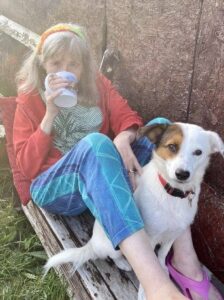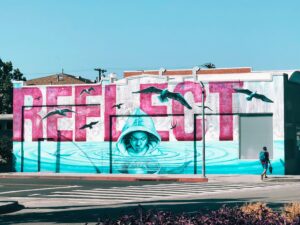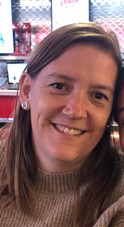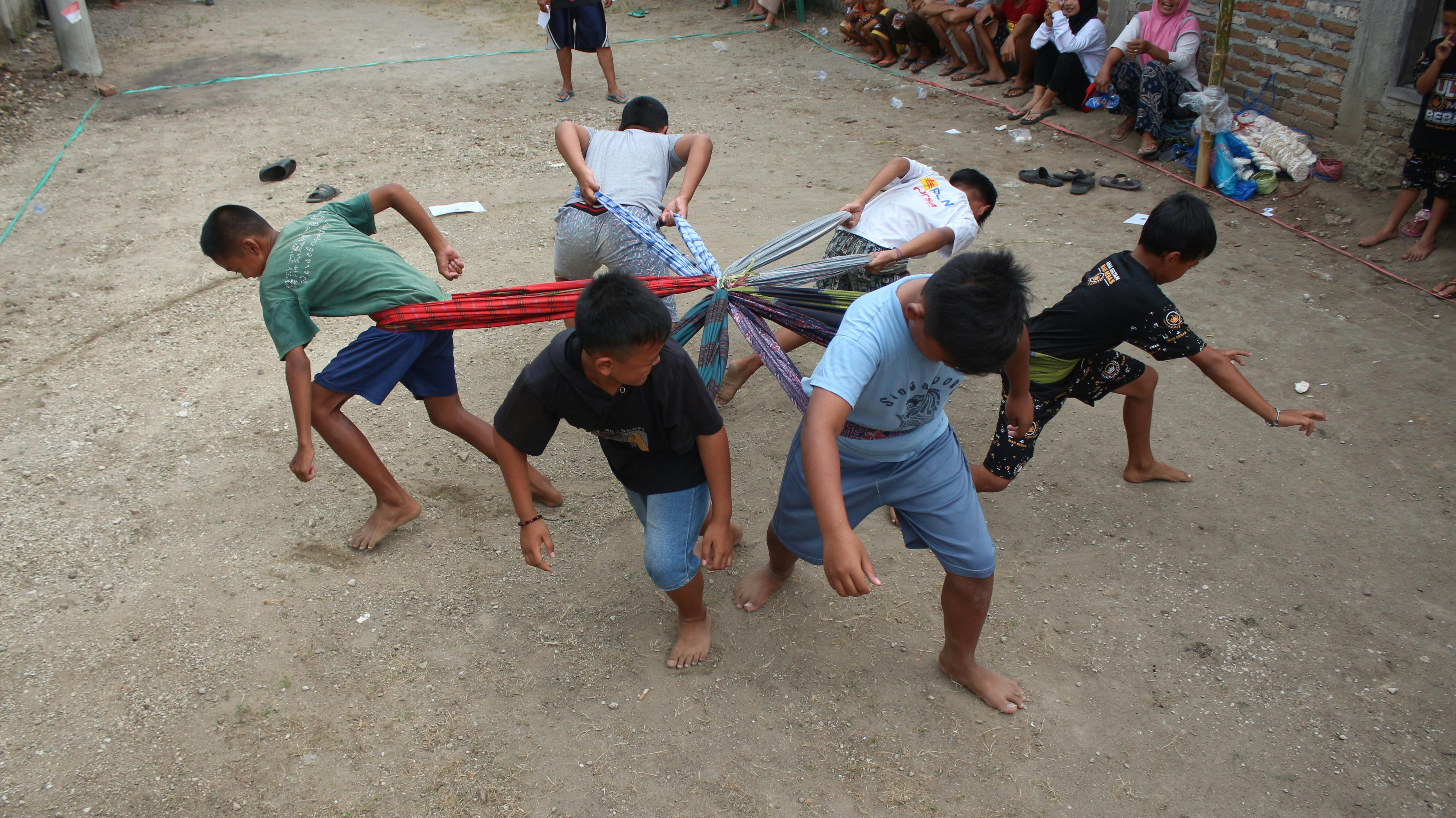In early 2025, the blog editorial team comprised Professor Carol Azumah Dennis, Doctors Jonathon Hughs, Jane Cobb, Adele Creer, Madeleine Pilcher, and Lesley J. Fearn discussed the managerial and institutional expectations placed on academics. Among the various definitions, we recognized a presumption that much of our work would be done for ‘love’ and unpaid. Inspired by this subject, we decided to all write a paragraph entitled ‘Labour of Love’, and Jonathon would put it together. Jonathon decided to link this collaborative work with one we did in the past on AI, specifically Chat GPT, in academia and compare the results with the definitions we had given. The outcomes showed that Adele, Jane and Madeleine’s notes resonated with ChatGPT, while Lesley and Azumah differed slightly.
early 2025, the blog editorial team comprised Professor Carol Azumah Dennis, Doctors Jonathon Hughs, Jane Cobb, Adele Creer, Madeleine Pilcher, and Lesley J. Fearn discussed the managerial and institutional expectations placed on academics. Among the various definitions, we recognized a presumption that much of our work would be done for ‘love’ and unpaid. Inspired by this subject, we decided to all write a paragraph entitled ‘Labour of Love’, and Jonathon would put it together. Jonathon decided to link this collaborative work with one we did in the past on AI, specifically Chat GPT, in academia and compare the results with the definitions we had given. The outcomes showed that Adele, Jane and Madeleine’s notes resonated with ChatGPT, while Lesley and Azumah differed slightly.
As we have had previous discussions about the use of AI, specifically Chat GPT, in academia, I began by asking Chat GPT to explain ‘labour of love’. It suggested:
‘A ‘labour of love’ refers to work done out of passion, dedication, or deep personal satisfaction rather than for financial gain or obligation. It often involves significant effort but is pursued because of genuine interest or affection for the task cause or people involved’.
Adding:
‘Despite its idealistic appeal, the ‘labour of love’ in academia can sometimes lead to exploitation, where passion is used to justify long hours, precarious contracts, and under-compensation’.
This idea resonates with Adele, who says, ‘I’m happy to go over and above what is expected, oodles of marking, tutorials, preparing work, emails, forum activities…. All a labour of love. I sometimes put in more hours than I wish to count and got involved in extra projects. This work is what fires me; it’s challenging and interesting. I try to stay within the working hours allocated – but it is impossible; it always takes longer than planned, and I can be found at my desk late in the evening; this is, of course, my choice’.
Additionally, Jane wrote about the way that pursuing her doctoral thesis led to a feeling of separation from those close to her – ‘The doctoral thesis and my compulsion to achieve it was, indeed, a labour of love and looking back a major milestone for me, a transformative journey (see Savva and Nygaard, 2021). It was also a particularly personal journey, separating me from those I saw day-to-day. Perhaps studying and working at a distance enhanced this feeling of separation, as the much-valued sharing of ideas and experience with my dedicated supervisors, fellow journeying academic friends, and colleagues, generally occurred remotely, online.’
Likewise, Madeleine also describes her EdD studies ‘as a labour of love because it was a piece of hard work you do because you enjoy it and not because you will receive money or praise for it or because you need to do it (Cambridge Dictionary, 2024). She notes: The task ahead of me felt insurmountable at times, but I was determined to overcome the difficulties I faced to continue my research and fulfil my potential. My EdD has proved to be a fantastic opportunity for learning and an enlightening experience. It truly was a labour of love.
In contrast, Lesley compares the Italian approach of ‘dolce far niente’ (the sweetness of doing nothing) with her ‘need to fill every moment with something worthwhile. In my case, I like to do something that will help me learn.’ She wonders whether ‘when I retire in a few years, I will be able to enjoy ‘dolce far niente’, but if not, I will continue learning new things and loving every moment’.
Finally, Az outlines her situation as a central OU academic where, nominally, 40% of her time is study or research time, which we can control … and devote … to our passion projects. ‘But the reality is, I find it hard to recall a holiday in which I simply holidayed. However, Az accepts that […] it (is) hard to complain about this since I appreciate how privileged I am to work in academia: a job that allows me space for autonomy and creativity. Az recognizes that there is a significant downside to academics in the toxic university, about stress, micro-aggressions and associated ill-health; I really wonder – I may well love my job, but does the job love me, or is it a sad case of unrequited love?’’
In conclusion, are some nested paradoxes at the heart of the ‘labour of love’ notion? Can something be both a ‘labour’ and done ‘out of love’? Is this only possible if a ‘free’ individual choice is untainted by the context in which that choice is made (Gill, 2016)? It may be difficult for individual academics to make a real choice in a toxic university (Guardian, 2000).
A follow-up blog is planned to interrogate some other ideas identified by ChatGPT. In the meantime, what does a ‘labour of love’ mean to you?
Blog written by Jonathan Hughes



 Dr. Jane Doka is a skilled researcher with expertise in Comparative and International Education, specializing in the areas of youth transitions, inclusion, and gender within educational contexts. Her work emphasises the nuanced experiences of adolescents, particularly girls/young women characterised as marginalised within development frameworks, with an extensive background in both applied research and practical project implementation in the Global South. Her current and past projects underscore her commitment to ethical, culturally responsive research and the development of inclusive education systems. Jane is a member of the Centre for the Study of Global Development (CSGD) and is part of the
Dr. Jane Doka is a skilled researcher with expertise in Comparative and International Education, specializing in the areas of youth transitions, inclusion, and gender within educational contexts. Her work emphasises the nuanced experiences of adolescents, particularly girls/young women characterised as marginalised within development frameworks, with an extensive background in both applied research and practical project implementation in the Global South. Her current and past projects underscore her commitment to ethical, culturally responsive research and the development of inclusive education systems. Jane is a member of the Centre for the Study of Global Development (CSGD) and is part of the 



 I have been an Associate Lecturer at the Open University since 2002, tutoring mainly English language modules. I live in Stourbridge in the West Midlands with my husband, two adult children and three Romanian rescue (street) dogs. My recent EdD and my current research interests concern the multiple perspectives around feedback practices around assessed writing in HE. This is my first venture into blogging, and I am looking forward to this creative space, where colleagues can share, debate, and discuss issues arising around their research.
I have been an Associate Lecturer at the Open University since 2002, tutoring mainly English language modules. I live in Stourbridge in the West Midlands with my husband, two adult children and three Romanian rescue (street) dogs. My recent EdD and my current research interests concern the multiple perspectives around feedback practices around assessed writing in HE. This is my first venture into blogging, and I am looking forward to this creative space, where colleagues can share, debate, and discuss issues arising around their research.
 Jo Strang is a Staff Tutor in Social Work at the OU and a second year EdD student. Jo is qualified as a social worker, reflexologist and Emotional Freedom Techniques (EFT) practitioner and has worked in Higher Education as a lecturer since 2010. Her research combines her professional interests and aims to explore social work students’ experiences of learning about EFT, a self-help tool often more easily referred to as ‘acupuncture without needles’. This simple tapping technique can reduce the fight-flight response to situations we experience as challenging and assist in processing a variety of emotions.
Jo Strang is a Staff Tutor in Social Work at the OU and a second year EdD student. Jo is qualified as a social worker, reflexologist and Emotional Freedom Techniques (EFT) practitioner and has worked in Higher Education as a lecturer since 2010. Her research combines her professional interests and aims to explore social work students’ experiences of learning about EFT, a self-help tool often more easily referred to as ‘acupuncture without needles’. This simple tapping technique can reduce the fight-flight response to situations we experience as challenging and assist in processing a variety of emotions. Artificial Intelligence (AI), notably
Artificial Intelligence (AI), notably 


